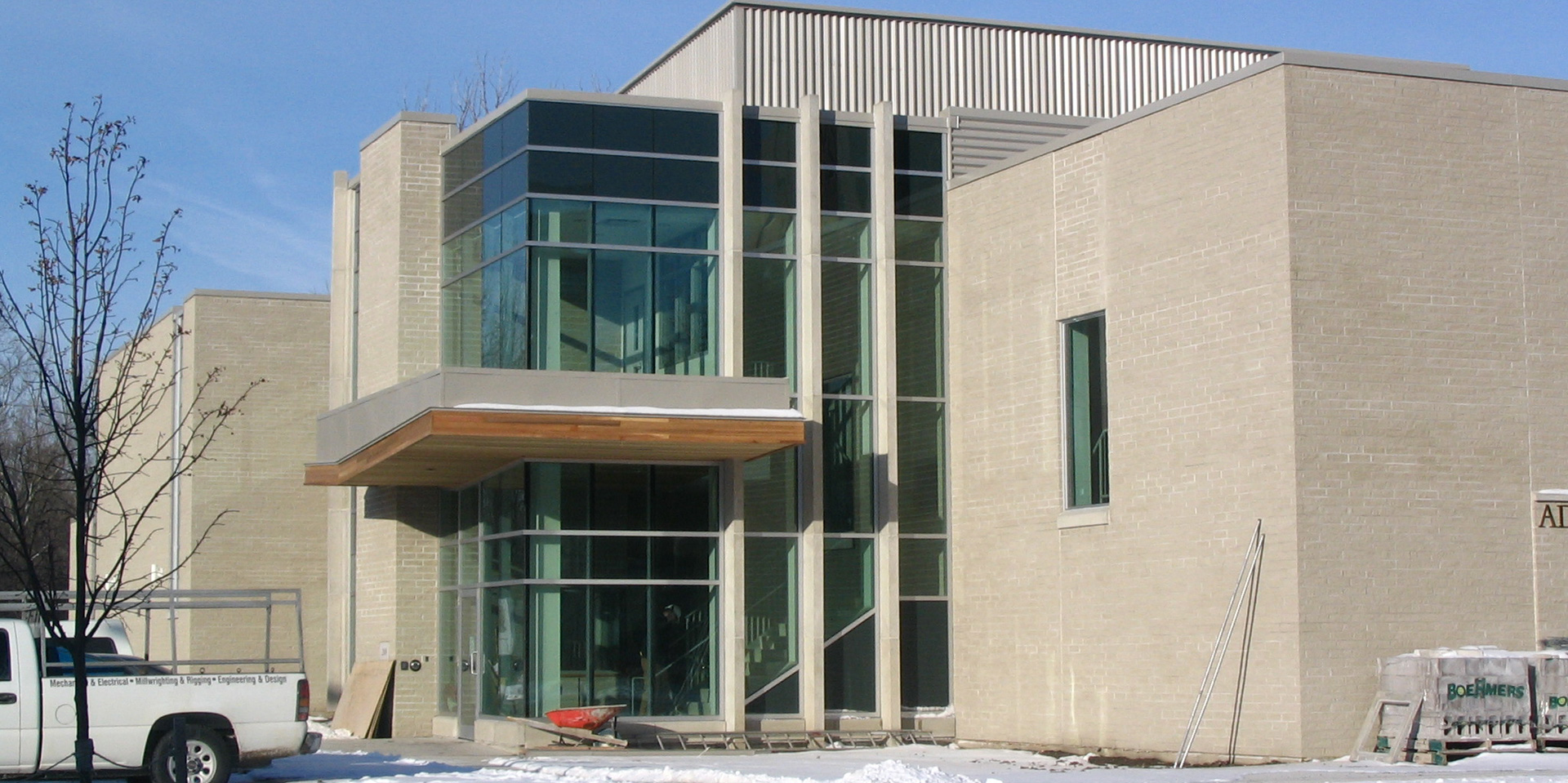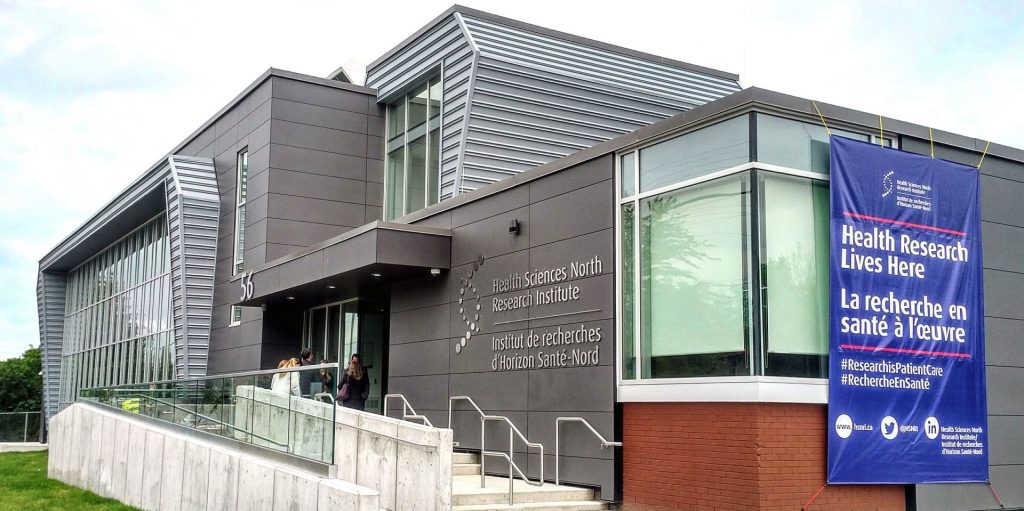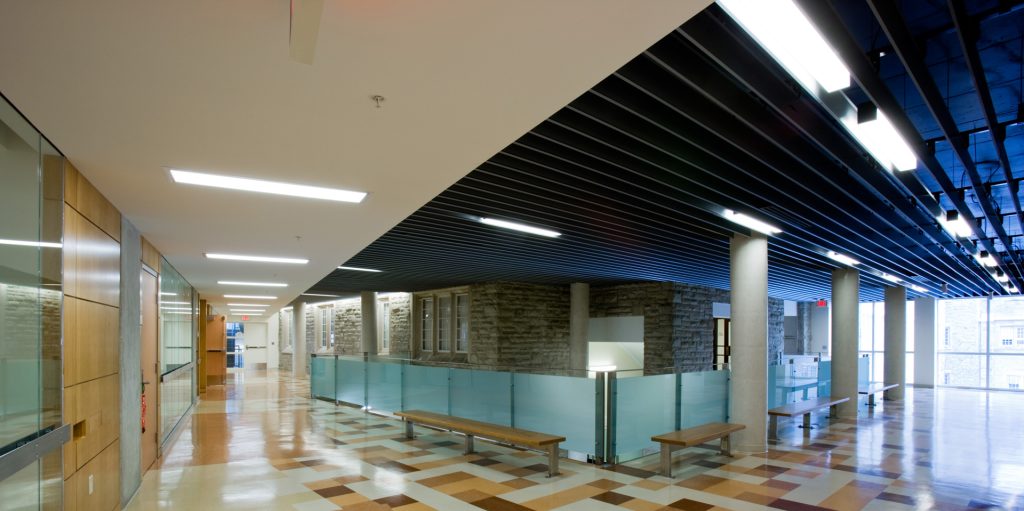With the completion of the Advanced Facility for Avian Research (AFAR), Western University provides one of the few world-class research facilities that offer infrastructure for the study of bird physiology, neurobiology and behavior. Integrative research at Western explores birds as biomarkers and birds’ global movements for important implications for the human and ecosystem health. AFAR seeks a better understanding of how birds adapt to environmental pressures in order to develop the detailed knowledge of how their neural and physiological systems respond to changes in the environment.
A successful design for the AFAR was measured by a balanced consideration of specialized indoor and outdoor holding rooms, cutting edge experimental and analytical facilities, and the best possible conditions for the various species under study. Researchers at AFAR come together from a variety of disciplines to explore how birds work, and how they respond to their environment. The demand for high performance infrastructure to support their work includes a complex system of HEPA filters for the quarantine area, and the equipment associated with holding rooms, procedure rooms, wet labs, acoustic testing rooms, and surgery rooms. Contributing to the reputation of AFAR as a leading centre in avian research, are innovative “world’s firsts” such as the hypobaric climatic wind tunnel for bird flight that allows research into the physiology and aerodynamics of bird flight in high altitude conditions.
With its ambitious building program, AFAR offers a dynamic and innovative research and training environment that not only expands the current capacities of researchers at Western University, it also helps to attract and retain world-leading researchers to Canada.







